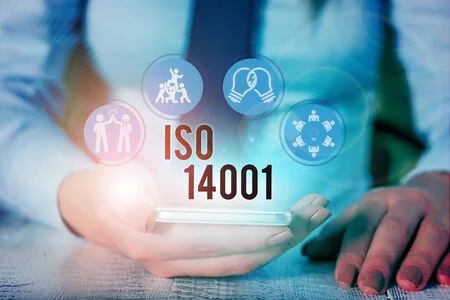ISO Consultancy
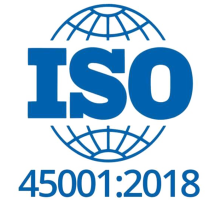
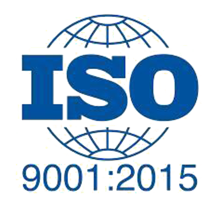
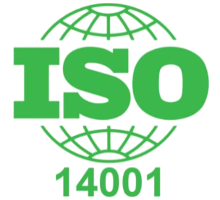
ISO 9001 Consultancy
ISO 9001:2015
QUALITY MANAGEMENT SYSTEM (QMS)
ISO 9001 sets out the criteria for a quality management system. It can be used by any organization, large or small, regardless of its field of activity.
This standard is based on 7 quality management principles including a strong customer focus, the motivation and implication of top management, the process approach and continual improvement. Implementing ISO 9001 helps an organization in ensuring the ability to consistently provide products and services that meet customer and applicable legal and other requirements, which in turn brings many business benefits.
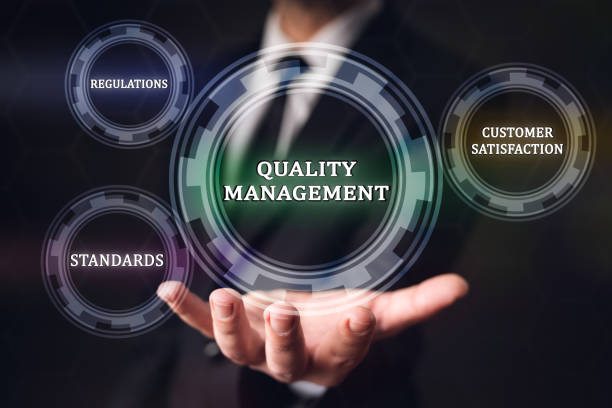

ISO 14001 Consultancy
ISO 14001:2005
ENVIRONMENTAL MANAGEMENT SYSTEM
ISO 14001 is an internationally agreed standard that sets out the requirements for an environmental management system. It helps organizations improve their environmental performance through more efficient use of resources and reduction of waste, gaining a competitive advantage and the trust of stakeholders.
What are the benefits of implementing ISO 14001?
Legal compliance. Getting ISO 14001 certified ensures you are keeping up to date with legal regulation. ...
Increased reputation with consumers. ...
Competitive advantage. ...
Reduce waste. ...
Reduce costs. ...
Reduced insurance costs.
The ISO 14001 environmental management systems standard contains the following key elements:
Environmental policy;
Planning;
Implementation and Operation;
Checking and Corrective Action.
Management review.
